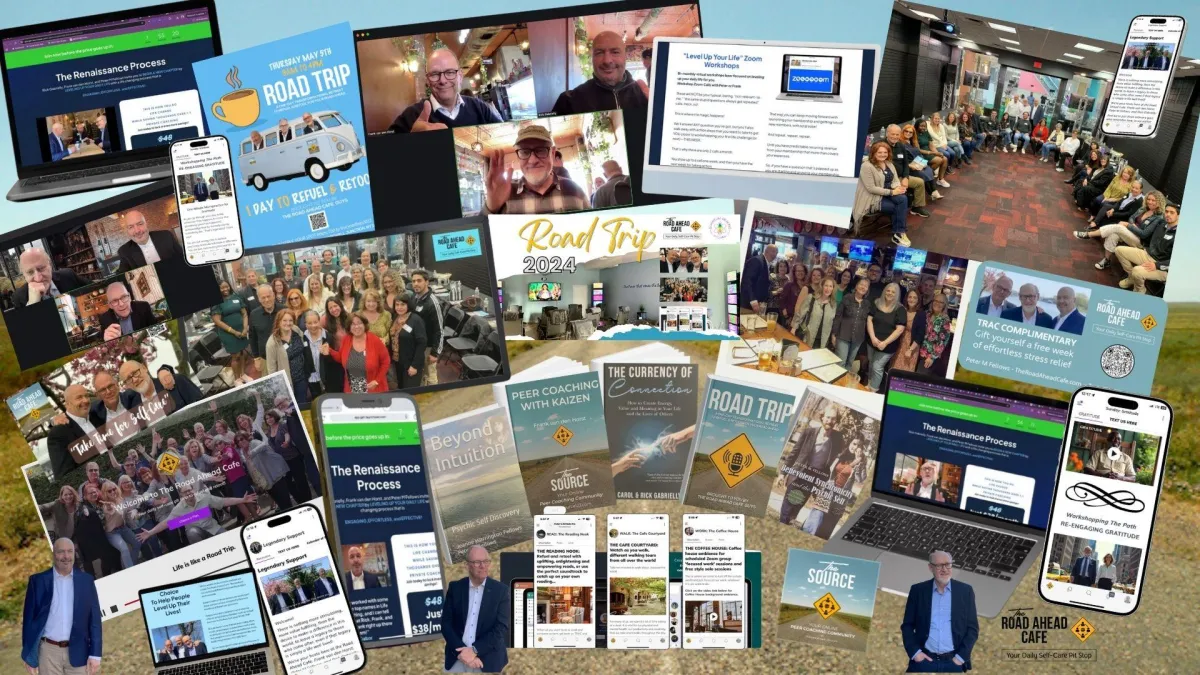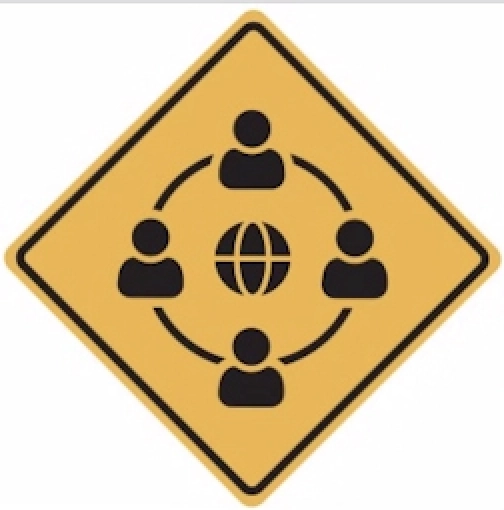Feeling overwhelmed at work? Discover quick and effective mindfulness techniques to reduce stress in just 5 minutes! Get practical tips to enhance your workday and boost your well-being.
Learn More About Leveling Up Your LifeMindfulness at Work: 5 Minute Stress Relief You Can Try Now

In today's fast-paced work environment, stress has become an unwelcome but pervasive companion. Deadlines loom, emails flood in, and meetings stack up, leaving many of us feeling overwhelmed and drained. But what if you could reclaim a sense of calm and control, even amidst the chaos? The answer lies in mindfulness – a simple yet powerful practice that can be seamlessly integrated into your workday. And the best part? It only takes five minutes.
Mindfulness is about paying attention to the present moment, without judgment. It's about noticing your thoughts, feelings, and bodily sensations as they arise, without getting carried away by them. By cultivating this awareness, you can interrupt the cycle of stress and reactivity, creating space for a more balanced and centered response.
This article will explore several easy-to-implement mindfulness techniques that you can incorporate into your workday to alleviate stress and enhance your overall well-being. These aren't complicated, time-consuming rituals, but rather quick, effective strategies designed to bring you back to the present and help you navigate the challenges of the workday with greater ease and resilience. Let’s begin.
1. Mindful Breathing: Your Instant Reset Button
One of the most accessible and effective mindfulness techniques is mindful breathing. It can be done anywhere, anytime, without any special equipment. By focusing on your breath, you anchor yourself in the present moment, quieting the mental chatter and easing tension.
To practice mindful breathing, simply find a comfortable position, either sitting or standing. Close your eyes, if that feels comfortable, or gently lower your gaze. Bring your attention to your breath, noticing the sensation of the air entering and leaving your body. Feel the rise and fall of your chest or abdomen. You don't need to change your breath in any way; just observe it as it is. As you inhale, notice the coolness of the air; as you exhale, notice the warmth.
Your mind will likely wander – that's perfectly normal. When you notice your thoughts drifting, gently redirect your attention back to your breath. Treat yourself with kindness and patience. Even a few minutes of mindful breathing can significantly reduce stress and improve focus.
2. Body Scan Meditation: Reconnecting with Your Physical Self
Stress often manifests as physical tension in the body. A body scan meditation is a powerful way to become more aware of these sensations and release pent-up stress. This practice involves systematically bringing your attention to different parts of your body, noticing any sensations without judgment.
To begin, find a comfortable position, either sitting or lying down. Close your eyes and take a few deep breaths. Then, bring your attention to the toes of your left foot. Notice any sensations – warmth, coolness, tingling, pressure, or perhaps nothing at all. Slowly move your attention up your foot, to your ankle, your calf, and your knee. Continue scanning your entire body, from your toes to the top of your head, paying attention to each area in turn.
If you encounter any areas of tension or discomfort, simply acknowledge them and breathe into them. You don't need to try to change anything; just observe the sensations with curiosity and acceptance. This practice can help you release physical tension and cultivate a deeper sense of body awareness.
3. Mindful Listening: Tuning Into the Present
In a busy workplace, it's easy to get caught up in our own thoughts and lose track of what's happening around us. Mindful listening is a way to cultivate greater awareness of our auditory environment and improve our communication skills. This practice involves intentionally paying attention to the sounds around us, without judgment or analysis.
To practice mindful listening, simply pause for a moment and bring your attention to the sounds in your environment. Notice the sounds of the office – the hum of the computer, the chatter of colleagues, the ringing of the phone. Don't try to label or analyze the sounds; just listen to them as they are. If your mind wanders, gently redirect your attention back to the sounds.
You can also practice mindful listening during conversations. Pay attention to the speaker's words, tone of voice, and body language. Resist the urge to interrupt or formulate your response while they're talking. Just listen with genuine curiosity and openness. This practice can enhance your relationships and reduce misunderstandings.
4. Desk Stretches with Awareness: Moving with Intention
Sitting at a desk for extended periods can lead to stiffness and discomfort. Incorporating mindful desk stretches into your workday can help release tension and improve your physical well-being. The key is to perform these stretches with awareness, paying attention to the sensations in your body.
Here are a few simple desk stretches you can try: shoulder rolls (gently rotate your shoulders forward and backward), neck stretches (slowly tilt your head from side to side, and forward and backward), and wrist stretches (extend your arms and gently flex and extend your wrists). As you perform each stretch, notice the sensations in your muscles and joints. Breathe deeply and release any tension you're holding. By moving with intention, you can transform a simple stretch into a mindfulness practice.
5. Gratitude Pause: Shifting Your Perspective
When stress levels are high, it's easy to focus on what's going wrong. Taking a few moments to cultivate gratitude can shift your perspective and boost your mood. A gratitude pause involves intentionally reflecting on the things you're grateful for, no matter how small.
To practice a gratitude pause, simply take a few deep breaths and bring to mind something you're grateful for. It could be a supportive colleague, a successful project, a beautiful view from your window, or a delicious cup of coffee. Take a moment to savor the feeling of gratitude. You can also keep a gratitude journal and jot down a few things you're grateful for each day. This practice can help you cultivate a more positive and appreciative outlook.
Level Up Your Life with the LEVEL IT UP Club
The team at LEVEL IT UP Club understands the challenges of modern life and is dedicated to providing simple, effective strategies to help you thrive. According to Frank van den Horst, co-founder, the LEVEL IT UP Club offers a transformative approach to rewiring your brain so you can turn down the stress and turn up fulfillment in your daily life.
"At the LEVEL IT UP Club, we provide you with a simple yet transformative way to effortlessly rewire your autopilot brain, so that it gradually turns down the stress and turns up the better-informed guidance of your non-conscious mind," he explains. "And on those occasions when it does get disconnected, we provide a process to easily help it reconnect."
This innovative approach, combined with the supportive community at The Road Ahead Cafe (TRAC), can help you effortlessly level up your life. Learn more about how LEVEL IT UP Club can help you.
Ready to take control of your stress levels and boost your well-being at work? Try these 5-minute mindfulness techniques today and experience the difference! If you're looking for a supportive community and innovative strategies to level up your life, contact us now!
Discover the LEVEL IT UP ClubThis article was written with contributions from Rick Gabrielly, Frank van den Horst, and Peter M Fellows, co-founders of The LEVEL IT UP Club and The Road Ahead Cafe (TRAC). With years of experience in coaching, mentoring, and community building, Rick, Frank, and Peter are dedicated to helping individuals level up their lives through simple, effective, and engaging techniques.
